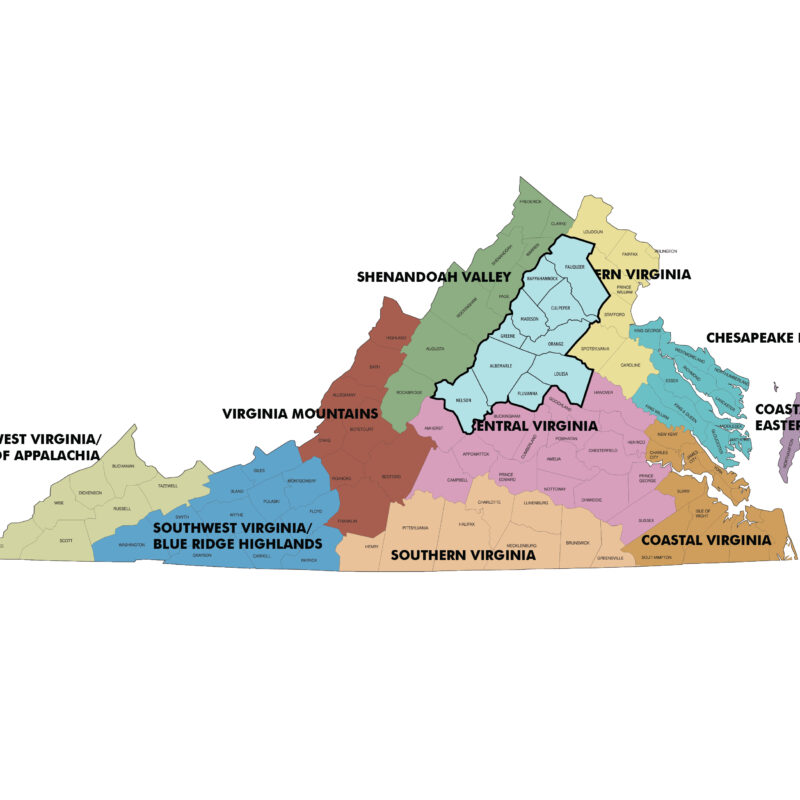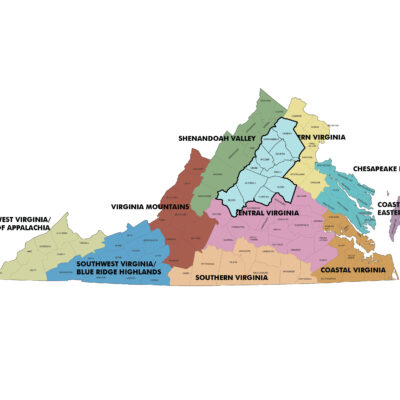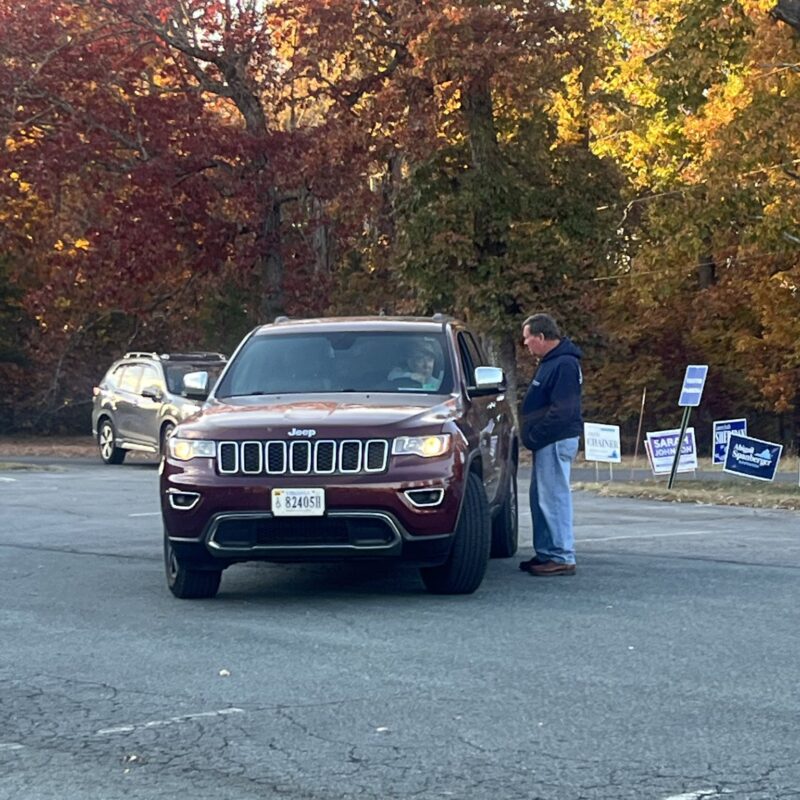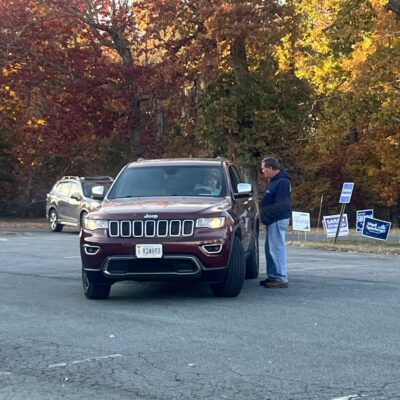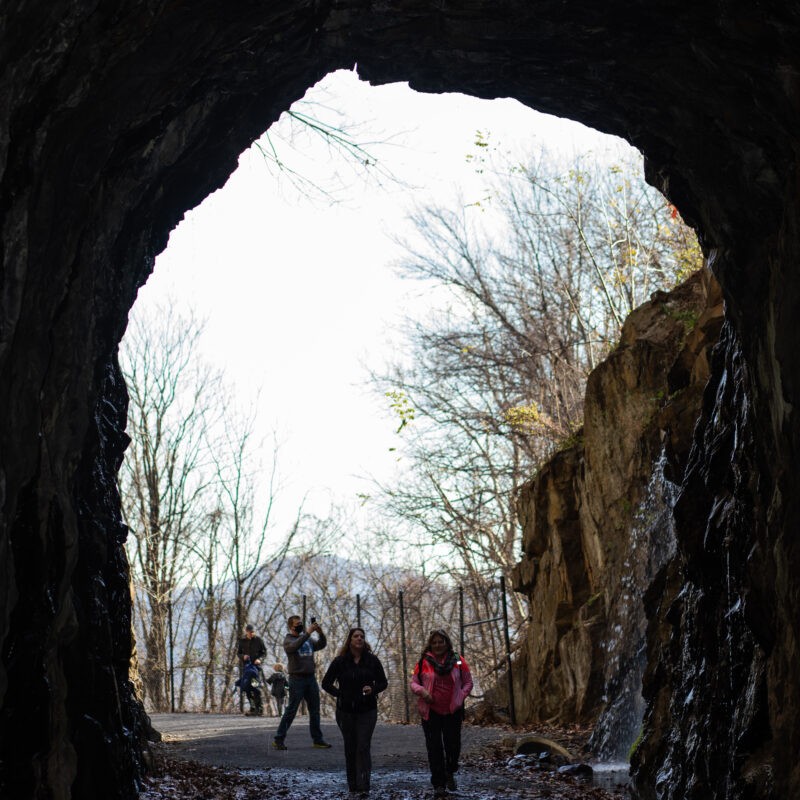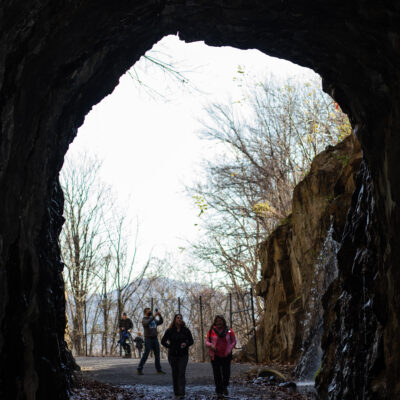According to the U.S. Census Bureau, in 2005, in Charlottesville 9,101 residents were living in poverty. That’s 23.7 percent of the total population.
What is the role of City Council in addressing this problem? Why, in your estimation, have past Councils failed to make strides in this area?
Bob Fenwick, (I)
Twenty three point seven percent of the residents below the poverty line in a small town with a major university is an appalling statistic but our city council is in a unique position to address this unacceptable situation with creative and substantive policies because they can call on the resources of the entire community in a community effort. We have a wealth of talent from which to draw—university professionals, community activists, a diverse political base, which will balance public and private effort.
|
Bob Fenwick |
First, obviously, people need jobs. It is hard to pay bills with no money. It is hard to set an example for your children if they don’t see you working. The city council can make it a priority to be business friendly. Jobs are provided by flourishing businesses, and businesses flourish—and locate—in cities and towns which do not strangle them with regulations and taxes. Just remember what happens when the city wants to recruit a company to locate here. The city offers tax breaks, industrial bonds, zoning changes, whatever it takes. They could do the same with every business in town with equally beneficial results.
Equally important is the will of the elected representatives to stay with the problem, monitor actions to see that they are achieving the desired results and change their approach if necessary. This is where past city councils have failed. They have treated the problem primarily as a political problem—call a press conference, appoint a commission or a task force, allocate some tax funds and then promptly forget about the problem and move to something else as if the problem will solve itself without strong leadership.
Poverty to some extent is generational. For example, if your parents are poor your chances of being poor increase. And there are some events in life that can’t be controlled or managed. Catastrophic illnesses will happen in some families, mental illness will take its toll, divorce, and other family tragedies will occur but poverty to the extent of 23.7 percent certainly is not inevitable and one where we can make a great deal of progress using the work already started with churches and nonprofits and looking to new approaches until we find the right combination.
So what are some new approaches? I offered one when I attended a meeting of PHAR, Public Housing Association of Residents. Bring the citizens below the poverty level further into the city mainstream. Now, it’s like they are separate and apart from community discussions and decisions as if they have nothing constructive to add to community discussions. They have much to offer. I offered to speak to their interns on items of present interest to the city, items such as dredging and damming, McIntire Park, neighborhood protection, etc., to gain the confidence to add their comments to any public discussion. I would help them start their own community newspaper—the use of a computer would be all they need.
Paul Long, (I)
It is a tragedy that over 23 percent of our population in Charlottesville is living in poverty. That’s almost one out of every four residents.
|
Paul Long |
The U.S. Census Bureau figures expose the lie that we are a world-class city with high paying jobs for everyone, so that everyone living in Charlottesville can live the good life.
Instead of reading the Chamber of Commerce’s, or the Travel Bureau’s promotional literature, we should be reading Charles Dicken’s Hard Times.
Many of the Structural reasons why we have poverty in the United States can only be addressed on a national level, by the president and Congress.
Some of the issues can be addressed by the governor of Virginia and by the General Assembly.
The City Council should have a major role in addressing this problem. Though it has taken some steps, it hasn’t been aggressive enough. Closing down the homeless shelter in the 10th and Page Street area was a terrible mistake. The city should have worked with the shelter to help them correct the violations instead of closing them down.
The city should insist that all future housing development units have at least 50 percent of the units selling for $80,000, or less; and all future apartment units have at least 50 percent of their units renting for $600, or less; if they are not willing or able to do this we should not issue them the necessary permits to build.
We should introduce rent control. Once a person signs a lease for an apartment, the monthly rental figure should remain the same for the duration of the time the person is living in the apartment.
We need an extensive public transportation system, which services the surrounding counties’ areas as well, and which operates 365 days a year, at full service. People need to get to where the jobs are at.
We need to aggressively market the city of Charlottesville to a variety of business and industry, as a city for them to locate in.
We need to develop a variety of different types of jobs.
We need to re-invent the image of the city of Charlottesville.
We can no longer afford to be a small, sleepy, southern college town.
In conjunction with bringing in new industry we need to develop low-cost, or no-cost training programs to train people living in poverty for high payable jobs.
We must drop our smug, Pollyanna attitude with no urban problems.
We are an urban area, granted not as large as a Chicago or a Philadelphia, and we must face our problems head on.
The city of Charlottesville should open, and operate, a municipal homeless shelter.
The homeless would not only have a place to sleep at night but a whole variety of services could be provided to them during the day.
Those services should include health substance abuse counseling, job skills training, learning and acquiring independent living skills, among others.
Dave Norris, (D)
(Incumbent)
The first thing we need to do is to fess up to the fact that there are no simple solutions to poverty.
|
Dave Norris |
The second thing we need to do is to commit to finding those solutions anyway.
I say that because the high incidence of poverty in our community is arguably the most important issue facing Charlottesville today. You wouldn’t necessarily know that from the topics that tend to grab the most headlines or dominate our candidate forums, but the poor are undeniably with us—in unacceptably high numbers. And with so many of our city’s children growing up in unstable living conditions, struggling in school, losing hope, resorting to crime or violence, and becoming the low-skilled, low-wage workers of tomorrow, it is time for a new infusion of energy in the fight against poverty.
Winning this battle requires a community-wide commitment. Everyone can play some role, big or small. You can mentor or tutor a child. Serve dinner at a homeless shelter. Hire an ex-felon. Donate to a community health clinic. March against gun violence. Run in a 5K race to benefit the new Boys & Girls Club next to our middle school or the new YMCA next to our high school. For a mother lode of other ideas: www.unitedwaytja.org
Volunteerism and charitable giving are not enough, however. We must engage in the public policy arena as well, in support of policies and initiatives that will make a real impact in improving the lives of the economically disadvantaged. And we must elect candidates to office who will not just pay lip service to this issue, but will actively work to bring people together to forge innovative and effective solutions to poverty. Kristin Szakos is exactly that kind of candidate.
During my time on City Council, Charlottesville has taken several positive steps to extend opportunities for our residents. We have increased support for early childhood education, for summer youth employment, for afterschool and summer programs for at-risk kids, for dropout prevention, for promotion of responsible fatherhood, for quality child care, for affordable housing, for workforce development, for expanded public transportation, for revitalization of public housing, etc.—all while holding the line on our tax rate and lowering taxes for moderate-income homeowners.
In addition, we are about to launch a community dialogue on race, which will no doubt shed some interesting light on the relationship between racial disparities and economic disparities in our city. We are also working on a major initiative to create “green jobs” in our region and to train unemployed or underemployed residents in the skills they will need to secure those jobs. Attracting and retaining businesses who offer living-wage, career-ladder employment to our workers is an ongoing priority.
I am running for re-election to City Council in order to keep moving us forward on all of these fronts. On November 3, I hope you’ll vote for Kristin Szakos and me and see to it that we do justice to this vitally important cause.
Kristin Szakos, (D)
I’m running for City Council because I think we can face these issues head on and find creative, inclusive ways to tackle longstanding inequalities in our community.
 |
Over the past 15 years, I have found Charlottesville a wonderful place to live and raise children. But I recognize that there are many families who haven’t had the same benefits as mine. We have neighborhoods where parents can’t be sure of their children’s safety. We have kids who never make it through high school. We have men and women—many who have jobs that don’t pay enough to cover rent—who spend their nights under bridges. We have workers without cars who can’t get to their jobs on time because the buses only run once an hour. Despite the best efforts of our schools, we still have one of the state’s highest achievement gaps between poor and non-poor students, ensuring that the inequalities are passed on to the next generation.
There are many things the City Council can and should do—and previous City Councils have tried to do some of them. We can put pressure on area employers to pay a living wage. We can help nonprofits work together with government, businesses and UVA to eliminate duplication of services and share resources. We can subsidize affordable housing, grow workforce development and internship programs, provide youth recreation and mentoring, streamline our public transportation system, and encourage light manufacturing jobs in green industries.
But perhaps previous City Councils have failed to reduce poverty in Charlottesville because they thought too small. They have accepted that problems which are difficult to address are impossible to solve. And they haven’t put the whole weight of their effort behind trying to find solutions.
I’m inspired by the example of the Harlem Children’s Zone, where a whole community came together to create a neighborhood where children could succeed in school and in life. Faced with entrenched poverty and an astronomically high dropout rate, Geoffrey Canada and others asked themselves what they wanted for their community, and set about working to achieve it. Today, children in the Harlem Children’s Zone score higher on standardized tests and graduate from high school at a rate much higher than the national average.
Charlottesville has ample resources, good will and energy to devote to building a community that is committed to helping our children succeed, regardless of the economic circumstances of their families, so that poverty is a temporary condition, not a life sentence.
What we need is a vision—reached through listening to what the people of Charlottesville want for their community—and a commitment to doing everything in our power to reach that vision together. We need to ensure that the full effort of the city—in cooperation with the private sector, nonprofits, the University, the county and the state—are aimed at making this a city where all residents have the opportunity to succeed. Only then will Charlottesville truly be a livable city.
Andrew Williams, (I) (Write-in)
|
Andrew Williams |
I believe it is government’s responsibility to assess the realities of the populous it represents and encourage growth in all demographics within that populous. In any unit, organization, town or city, it is important to sustain all aspects of the whole. Our residents who live in poverty today may likely have children who fall under the same dismal circumstances. It is highly important to address the issues of the present to plant the seeds of success for our collective and shared future with proper and fair opportunity in mind. The council should consider progressive initiatives that encourage more technical and vocational opportunities for our residents who could use the experience, placement and hope of a progressive future. In addition, just because someone has a job doesn’t mean they aren’t under the pressures such as the costs of living and affordable housing. Not only should City Council consider addressing the current issues involving poverty, but more progressive ideas that encourage sustainable growth across all eight of Charlottesville’s precincts. Only through our united efforts and a balanced ward system can this be accomplished.
The working class, students, our property owners and those struggling with poverty across the eight precincts did not have consistent representation enabling distorted government ordinances that did not support the major populous. Separation between the legislative branch and executive branch of our city government also is a priority to me as well, to promote checks and balances. A councilor, mayor or public servant should also not rely solely on his or her experience, but the concerns and experiences of his or her constituents throughout the jurisdiction. I would like to see this idea realized soon and for our city’s future benefit, primarily because of our peoples benefit.
In my estimation, past Councils failed to make strides in this area because of unbalanced representation and failed to inject different perspectives over multiple terms. I also believe the City Council needs to have constant assessments of our goals to appropriately manage our growth and protect its residents (the city’s most valued asset).
I recognize we need to move forward on the most reasonable initiatives such as dredging along with enlarging the existing dam at Ragged Mountain for the area’s water supply, economic development and increased investments to alleviate traffic stress in our city. These ideas will save the city money and open more expenditure to address poverty in our city. I know our city needs to do a far better job in investment, proper spending and scrutinizing budgets with your benefit in mind (the resident). If something isn’t working, we should reallocate funds on the most important elements in our city that benefit the major populous and my actions if elected will bear this idea.




